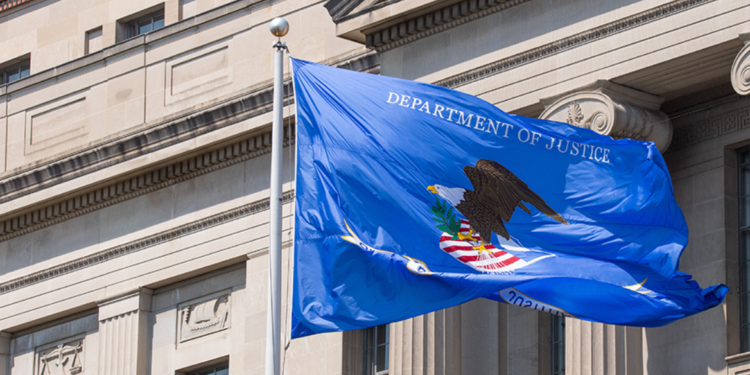May 28, 2025 Story by: Publisher
The U.S. Department of Justice has filed a federal lawsuit against the North Carolina State Board of Elections, alleging violations of the Help America Vote Act (HAVA) due to the state’s failure to collect mandatory identification information from voter registration applicants.
Allegations of Noncompliance with HAVA
The DOJ contends that North Carolina’s voter registration forms did not require applicants to provide either a driver’s license number or the last four digits of their Social Security number, as mandated by HAVA. Consequently, many voters were added to the state’s registration rolls without these identifiers. The lawsuit seeks a court order compelling the state to contact affected voters within 30 days to obtain the necessary information and update their records accordingly.
Historical Context and Political Implications
The issue of incomplete voter registrations in North Carolina has been a point of contention since at least 2023, when it was raised by conservative activist Carol Snow. The DOJ’s lawsuit mirrors concerns previously expressed by Republican entities, including the state Republican Party and the Republican National Committee, which estimated that approximately 225,000 registrations might be incomplete.
The lawsuit follows President Donald Trump’s executive order titled “Preserving and Protecting the Integrity of American Elections,” issued in March 2025, aimed at reinforcing election integrity measures.
Responses from State Officials
Sam Hayes, the newly appointed Executive Director of the North Carolina State Board of Elections, indicated a willingness to comply with federal requirements. Hayes stated that the board would work diligently to ensure all voters are properly registered and have provided the necessary personal information to comply with state and federal laws.
However, some local officials have expressed skepticism about the lawsuit’s implications. Greg Flynn, a Democratic member of the Wake County Board of Elections, noted that human error and changes in personal information over time can lead to discrepancies in voter registration records. Flynn emphasized the need to consider these nuances when evaluating the accuracy of voter rolls.
Potential Impact and Next Steps
The outcome of this lawsuit could have significant implications for election procedures and voter ID regulations in North Carolina and potentially other states. If the court rules in favor of the DOJ, the state may be required to implement more stringent measures to verify voter identities and maintain accurate registration records. This case underscores the ongoing national debate surrounding voter ID requirements and election integrity.
The North Carolina State Board of Elections has not yet issued a formal response to the lawsuit. Further developments are expected as the case proceeds through the federal court system.
Source: ABC11 Raleigh-Durham / AP News

















